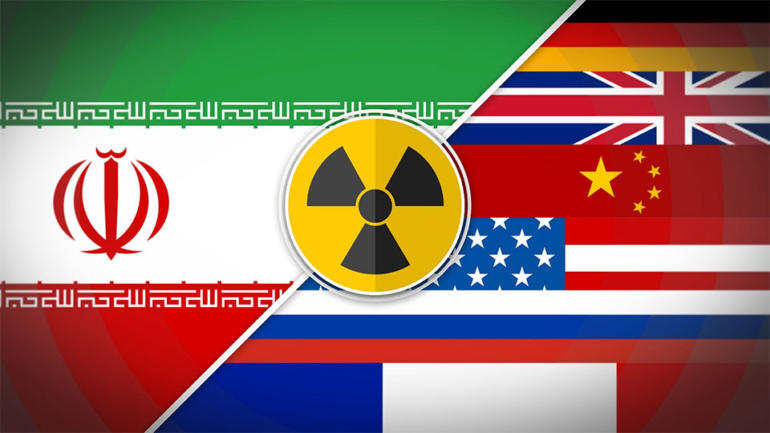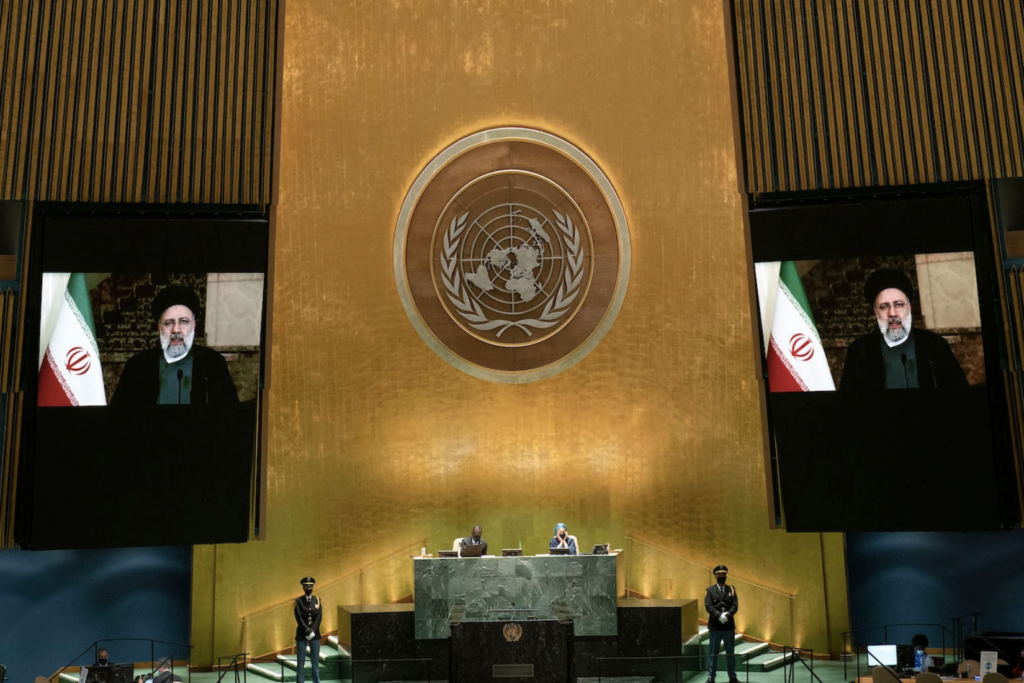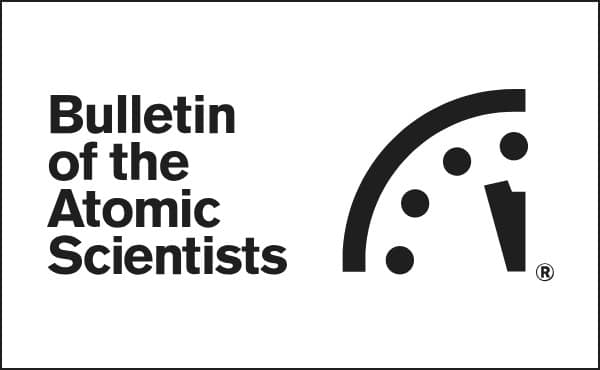
PDF Version
Vali Nasr and Hossein Mousavian write for Foreign Affairs:
It does not help that Iran also deeply distrusts Washington’s motivations. Iranian Supreme Leader Ali Khamenei recently dismissed a U.S. demand tying its return to the JCPOA to future negotiations over regional issues, saying the United States is using the issue to drag its feet on rejoining the nuclear deal. Iran, he added, will not accept foreign meddling when it comes to its national security interests


The record of the JCPOA’s enforcement over the past five years demonstrates that the main threat to any nuclear agreement with Tehran emanates in large part from Washington’s desire to preserve most of its economic leverage over Iran and minimize the actual benefits of sanctions removal for the country. This is basically because the core dispute between the United States and Iran is about the region, not just the nuclear issue. Trump’s withdrawal from the JCPOA in May 2018 and the reimposition of unprecedented U.S. sanctions against Iran clearly bear out this assessment, as they were meant to regain and expand U.S. bargaining power against Iran in the hope of securing a better nuclear deal and addressing the regional issues.
[:]Seyed Hossein Mousavian

Five years ago, after years of intensive negotiations, six world powers managed to sign the world’s most comprehensive nuclear agreement with Iran. While the agreement was a political one, it was also ratified by the UN Security Council in Resolution 2231. And, according to the International Atomic Energy Agency (IAEA), the organization tasked with verifying the agreement’s technical aspects, Iran was fully complying with the deal for about three years, until President Trump withdrew from it in May 2018. In response to the US violations of the nuclear agreement, Iran too reduced some of its commitments. Most recently, on January 4, Iran announced that it had increased its uranium enrichment levels to 20 percent.
[:]Iran announced it exceeded another limit on enriched uranium Sunday. NPR’s Michel Martin discusses the latest details with analyst Ali Vaez and former Iran nuclear negotiator Seyed Hossein Mousavian.
Interview with National Public Radio (NPR). Seyed Hossein Mousavian; July 7, 2019
“It been more than two and a half years since Trump’s election, but none of the objectives of the ill-advised “maximum pressure” policy has been achieved. Iran’s economy did not collapse, and the country’s influence did not subside.”
“Three Steps Toward Resolving Iran’s Nuclear Crisis” July 30, 2019; Bulletin of Atomic Scientists, Seyed Hossein Mousavian.
“The nature of a visit by the head of the Japanese government to Iran is positive and demonstrates how effective the Iranian diplomacy is. Japan, which is among the five world big economic powers, has been and continues to be Iran’s important trade partner.”
Success of Japan’s Initiative Depends on Seven Factors; Seyed Hossein Mousavian, June 9, 2019. IRNA
Interview in other languages:
“Over the next two years, this battle will have tremendous effects on the region – but there will be no winner until all concerned parties shift from confrontation to cooperation.”
Ambassador Mousavian at Berlin Foreign Policy Forum 2018: “For the first time since the [Islamic] revolution, one of the issues between Iran and the world powers has been resolved and agreed comprehensively.”
Watch the entire Panel Discussion Here.